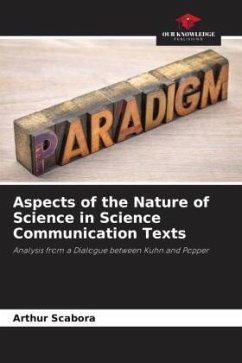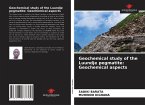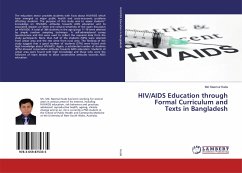This paper performs a critical analysis of the prevailing view of science, especially in the media of scientific dissemination, under the view of the ideas of KarlRaimund Popper and Thomas Samuel Kuhn. In particular, it analyzes two fundamental questions, namely, "What is Science?" and "How does Science progress?" By investigating the usual answers to these questions, in contrast to what the history of Science tells us and the results of the works of the philosophers cited, a remarkable discrepancy was found, largely responsible for distorting the general public's view of Science. This distortion can be synthesized into three pillars: scientism, the anti-science movement, and pseudoscience. We analyzed: (1) the main conceptual errors made by the disseminators, (2) the social and educational consequences of teaching Science under this distorted view, and (3) alternative ways of approaching the great subject of the "Nature of Science". An open defense of philosophy as essential to the scientific enterprise is also made. It concludes with an overview of the teaching and dissemination of science today and prospects for the future.
Bitte wählen Sie Ihr Anliegen aus.
Rechnungen
Retourenschein anfordern
Bestellstatus
Storno








